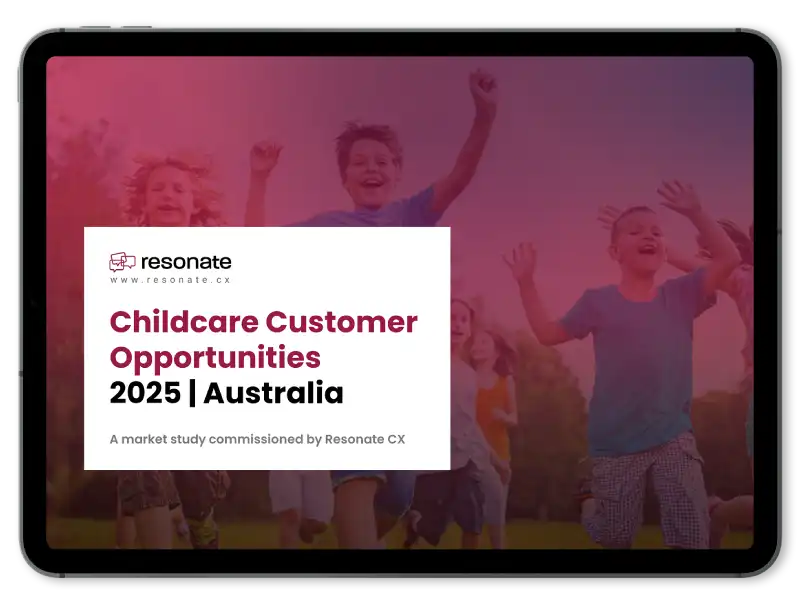“Neurologically, the way we feel has a bigger influence on our conscious decisions than what we think”
Clients often ask me about designing an NPS program for a retail environment. Based on my experience, considering the emotional or rational engagement of customers during the measured moment of truth is the best approach.
Customer engagement is based on the associated level of discretionary value gained from the interaction or experience. This determines if the customer is emotionally or rationally engaged.
Rational engagement occurs when the customer’s experience meets their expectations, resulting in a trim level of discretionary value. These “hygiene factors,” such as tidy shelves and decent lighting, are expected by customers and don’t create much value.
Emotional engagement occurs when the customer’s experience is either well above or below their expectations, creating a large level of either positive or negative discretionary value. For example, a delayed delivery can cause frustration and negative emotions as the experience fails to meet the customer’s expectations.
This all sounds like common sense, but what influence does this have on the design of a Retail NPS program?
Feeling (emotion) has a greater influence on our conscious decisions than thinking (rational), according to neuroscience.
Therefore, customers’ emotional engagement has a more significant impact on spending decisions (repeat purchases, advocacy) than their rational engagement.
As a result, Retail NPS programs should mainly focus on customers’ emotional engagement with an experience. One way to achieve this is by asking NPS survey questions from an emotional perspective, such as “How satisfied were you with the time it took for your order to be delivered?” instead of “How long did it take for your order to be delivered?”
Customers are more likely to remember emotionally engaging experiences, providing valuable insights through well-worded questions. Additionally, removing rational questions from the survey reduces its length.
In today’s world, where customers have many competing interests for their attention, NPS surveys must be short, concise, and relevant. By focusing on customers’ emotional engagement, businesses can obtain valuable feedback, tick all the necessary boxes, and drive growth.
Enjoyed this post? Read more of our blogs.
Know more about our Platform or Request a Demo.












